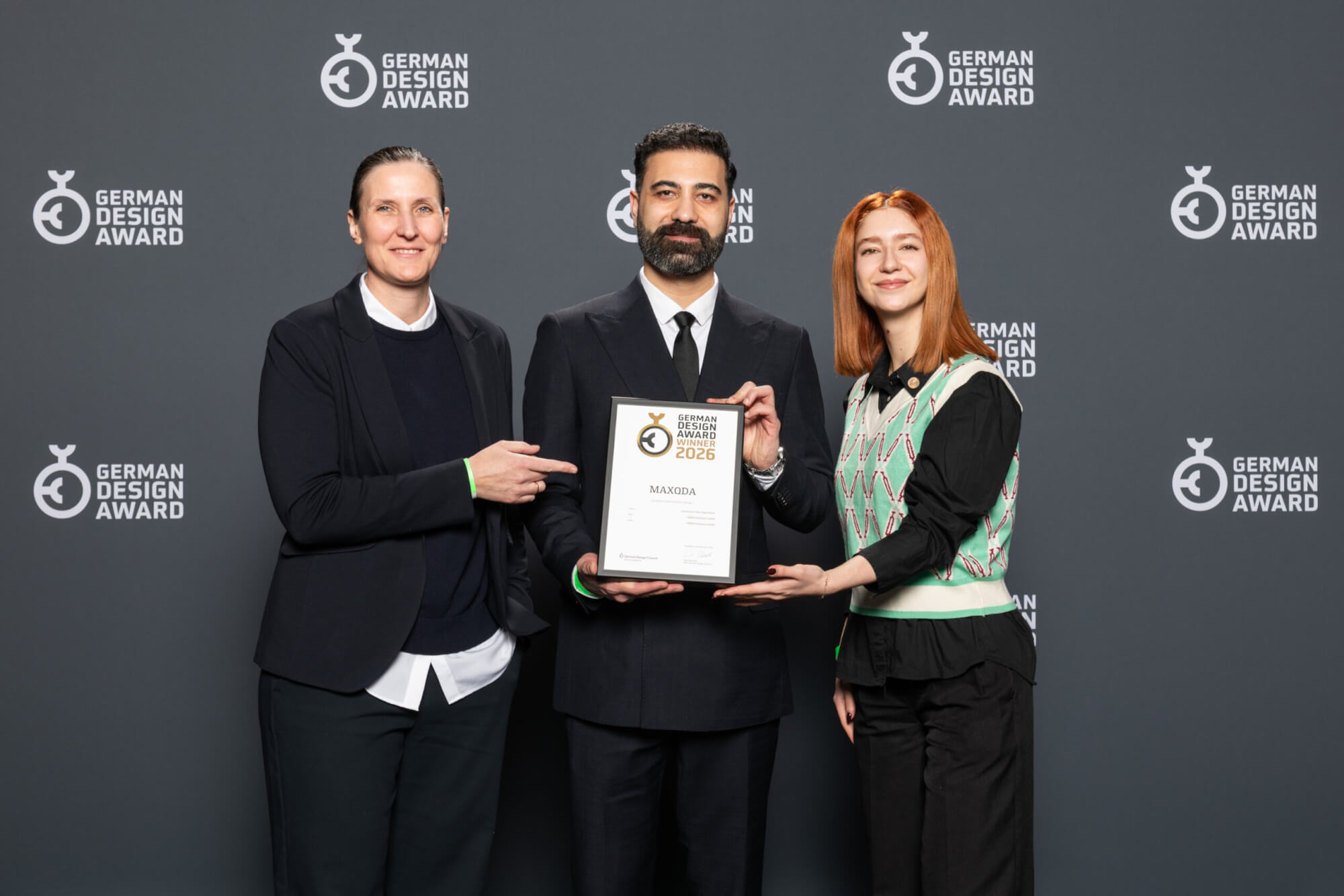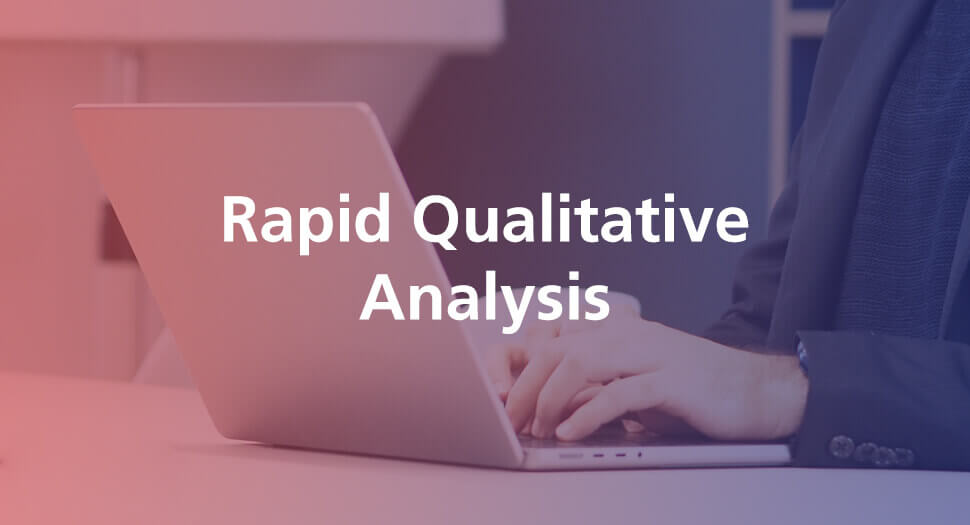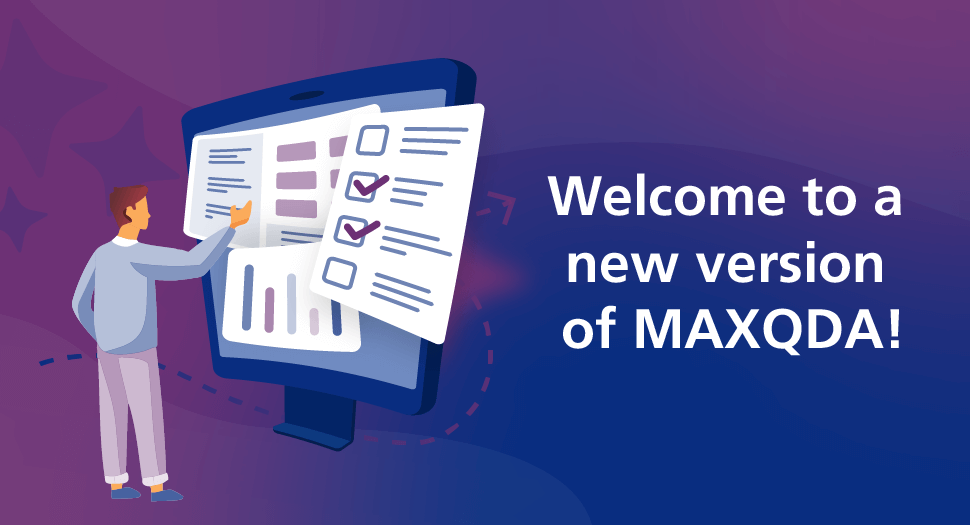The MAXQDA Research Grants 2017 Selection Committee announces that four student-researchers have been awarded this semester’s #ResearchforChange Grant!
Congratulations MAXQDA grant recipients! Thank you to all of the researchers who submitted applications from all over the world. We were so impressed with not only your creative research proposals but also your commitment and conviction to participate in projects that will contribute to the participatory empowerment of communities throughout the Global South!

This semester’s selection process was so competitive that we could not narrow down our selection to only three grant recipients, as was originally planned. This semester we have chosen to award four grants and could not be happier to support the following brilliant young researchers and their projects.
Timothy Silberg – “Parasitic Weed Prevalence – The Case of Malawi”
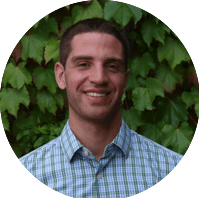
Timothy Silberg is a PhD student in Community Sustainability at Michigan State University, USA. His research project titled, “Parasitic Weed Prevalence – The Case of Malawi” began in May 2017 and will continue into May 2018, in Malawi.
Silberg is an agro-ecosystems researcher, analyzing food security issues from a systems approach (as opposed to a reductionist perspective). He writes that, “agriculture does not operate in an isolated climate. It moves across an interconnected one, embedded with environmental, political and social aspects we have yet to barely conceptualize”. He has thus focused his studies on, “assessing how, when, and if interventions can be used in conjunction with natural and human assets to provide food”.
Silberg’s research project employs a consecutive mixed methods approach to study parasitic weeds emergence. In his study, he will analyze how parasitic weeds emerge or dissipate over time across different natural and social scenarios (e.g., drought, adoption of new technologies). He writes that, “in southern Africa, parasitic weeds are responsible for up to 80% yield losses in cereals. Agro-policies and dietary norms have long-encouraged the monocropping of soil-erosive cereals. In Malawi, these practices have created a breeding ground for weeds that colonize and attack maize”. Given these circumstances, his study will seek to understand how, “political and socio-economic drivers obligate Malawians to implement practices that encourage or inhibiting parasitic weed prevalence”.
Silberg will use focus group discussions, soil sample collection, household surveys, trials, and workshop research methods to complete his study, which will produce not only a dissertation, but also an agricultural simulation model. Through system dynamics modeling, Silberg’s research will test the effects of political and climactic scenarios have on Striga control implementation. Such findings may aid future policy and management strategies.
For his data analysis, MAXQDA 2018 will not only be used for transcription and coding but also to conduct a quantitative text analysis of the focus group discussions using the function MAXDictio. For the statistical analysis, Silberg states that he will use MAXQDA’s Stats functions to, “administer a correlation-regression to compare predicted and field observations”. MAXQDA visualization functions will then be used to present the model’s findings to experts and farmers. During this time, participatory discussions allow adjustments to be made to the model. Visualization will also allow stakeholders to confirm the structure and validity of the model. Once confirmed, MAXQDA’s visualization functions will assist with disseminating the findings of the study.
We are particularly impressed by Silberg’s commitment to, “ecosystem stability through community-based natural resource management” and his approach to “incorporate traditional knowledge into food security studies”. We can’t wait to hear more about how he will use the grant and share it with you soon!
Ruijie Peng – “Rural-Urban Migration and Women Who Remain in Rural China”
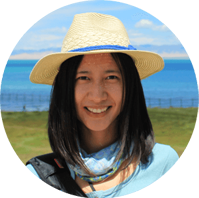
Ruijie Peng is a PhD student in Sociology at the University of Texas at Austin, USA. Her research project titled, “Rural-Urban Migration and Women Who Remain in Rural China” will include a 12-month ethnographic fieldwork period, beginning February 2018 in China.
Peng describes herself as, “a unique product of the new China” whose research project seeks to, “explore the cultural, economic, and political logics behind China’s massive rural-urban migration, but through the lens of the rural households who remain in villages, without whom the migration cannot proceed”. Peng’s work will add to migration and remittances scholarship, which can help improve living standards and aid in poverty-reduction programs in marginalized migrant communities at their origin. Peng has already completed over 20 pilot life-history interviews and has seen that Chinese migrant workers have faced declining incomes in cities since the mid-2000s, making them more dependent on their left-behind family members.
Her project focuses on how, “family members who remain in poor rural areas to work, specifically the cohort of women in their late forties and fifties, might be subsidizing urban migration through providing unpaid household and agricultural labor, and goods such as food and clothing necessary for family members’ sustenance in urban spaces”. Furthermore, she will examine the effect of these non-traditional remittances on the traditional gender roles in these communities. Peng believes that this study will, “have broad implications for our understanding of the salience of gender, class, and ethnicity in rural-urban migration processes in developing nations”.
To answer these questions, this project will employ life-history interviews and participant observation methods to explore a different avenue of migration studies. Using a qualitative emerging theme method and creative coding methodologies, Peng will mainly conduct qualitative text analysis with MAXQDA 2018. All of her interviews, field notes, memos, and printed textual materials will be entered into MAXQDA and analyzed using open and focused coding. Peng writes that MAXQDA’s extensive memo functionalities will help her, “explore the links between different coded clusters and later develop themes into findings”.
We are particularly impressed with not only Ms. Peng’s well-organized and bold research goals but also with her passion and uniquely social justice-driven approach to the topic of remittances. We hope that you will follow her journey closely with us throughout the next year!
Lukas Maximilian Müller – “Whose Policy? The Policy Processes of the ECOWAS Commission and the ASEAN Secretariat and the Impact of External Capacity Building”
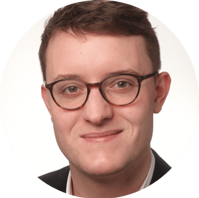
Lukas Maximilian Müller is a PhD student in Political Science at the Albert-Ludwigs-Universität Freiburg (University of Freiburg), Germany. His research project titled, “Whose Policy? The Policy Processes of the ECOWAS Commission and the ASEAN Secretariat and the Impact of External Capacity Building” will be a comparative case study analysis across two continents. Müller has already completed the first half of his fieldwork in Abuja, Nigeria and will continue on to Jakarta, Indonesia in 2018.
Spanning international relations, organizational studies, political sociology, and political economy, Müller’s interdisciplinary study is an ambitious look into regionalism in the Global South. Müller writes that both organizations are, “noted for their institutional progress, particularly over the past ten years. Both organizations are highly involved with external partners, particularly the EU, which calls into question the origin of these institutional developments”. As the sole providers of regional policy for their respective member states, the questions around their autonomy and policy-making practices in relation to the influence of external capacity-building are key insights into the relationships between the Global South and North.
To complete such a large-scale study, Müller has based his fieldwork on interview and survey research methods. The semi-structured interviews will be carried out with bureaucrats from both regional institutions and relevant external partners. Surveys will also be completed by the staff of full departments, allowing for the cross-examination of different parts of the institutions, both internally and in comparison, to one another.
MAXQDA 2018 is the perfect tool to evaluate such large amounts of data. After four months of fieldwork in Nigeria, Müller already has tens of hours of raw interview recordings, which he will transcribe and code with MAXQDA 2018. Müller will then be able to create a database, from which he plans to categorize his findings and create visual representations, including maps of the institutions’ personnel and their connections. Müller believes that visualizations are key to policy-focused research and MAXQDA’s functions, such as MAXMaps will help him portray the networks he uncovers, “highlighting which relationships exist, how they are structured and compare between ECOWAS and ASEAN”.
We are particularly impressed that Müller’s research proposal is both context-sensitive and conscious of Eurocentrism. By focusing on the participant organizations’ staff, Müller will ensure that his research is grounded in praxis-based knowledge. Stay tuned for more information on his process and results using the grant coming soon in this blog!
Alysia Mann-Carey – “I felt the hand of the government in my womb: Black women, state violence, and the transnational struggle for life in Brazil and Colombia”
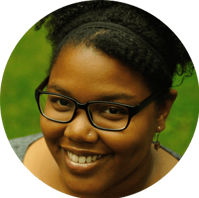
Alysia Mann Carey is a PhD student in Political Science at the University of Chicago, USA. Her dissertation titled, “I felt the hand of the government in my womb: Black women, state violence, and the transnational struggle for life in Brazil and Colombia” will take an ethnographic approach to the experiences of Afro-descendant women in two countries, starting March 2018.
Mann Carey seeks to base her work at the community level. She writes that, “my philosophy is informed by a Black Feminist praxis whereby those most vulnerable in society—in terms of race, gender, class, and sexuality—are at the center of any analysis or policy recommendation”. By using a framework of intimacy to understand political thinking and activism, her study will span themes ranging from language and emotions to identity and motherhood. Her central research question is thus, “what do the narratives of Black women organizers reveal about how state violence and power is manifested and exerted over Black women”?
Mann-Carey is trained in working with survivors of violence as well as conducting interviews with victims of trauma. Her research methods will focus on narrative-based descriptions of practices from local organizations, gathering oral histories, and conducting interviews with activists and survivors of violence. Furthermore, archival literature review and participant observation will add to her data sets.
This study will seek a nuanced understanding of how Black women describe their experiences with violence. To do so, MAXQDA 2018 will be used to collect, store, organize, and transcribe the collected fieldwork data. She will then employ in vivo and concept coding to extrapolate concepts and themes, which emerge from the data. She will code specifically for, “how Black communities and in particular family members of those directly impacted understand and describe incidents of state-involved assaults”. MAXQDA is the perfect tool for analyzing the wide range of data and file types Mann Carey will be collecting.
We are particularly impressed with Ms. Mann Carey’s nuanced and empowerment-focused approach to her topic. Ms. Mann Carey’s talents for expression and languages are extraordinary, but her commitment to coalition-building and grassroots organizing for social change are attributes that are truly inspiring. We can’t wait to find out more about her work once she goes into the field!
Stay tuned for the fieldwork diary entries of these talented researchers!
You will be able to follow each of the grant recipients research journeys – all the way from data gathering to analysis with MAXQDA 2018 Analytics Pro right here in the MAXQDA Research Blog!
You can also see the grant recipients fieldwork photographs on our MAXQDA social media platforms (![]() @VerbiSoftware
@VerbiSoftware ![]() @MAXQDA) and search posts about this semester’s grant using the hashtags #ResearchforChange and #MAXQDAResearchGrants.
@MAXQDA) and search posts about this semester’s grant using the hashtags #ResearchforChange and #MAXQDAResearchGrants.

